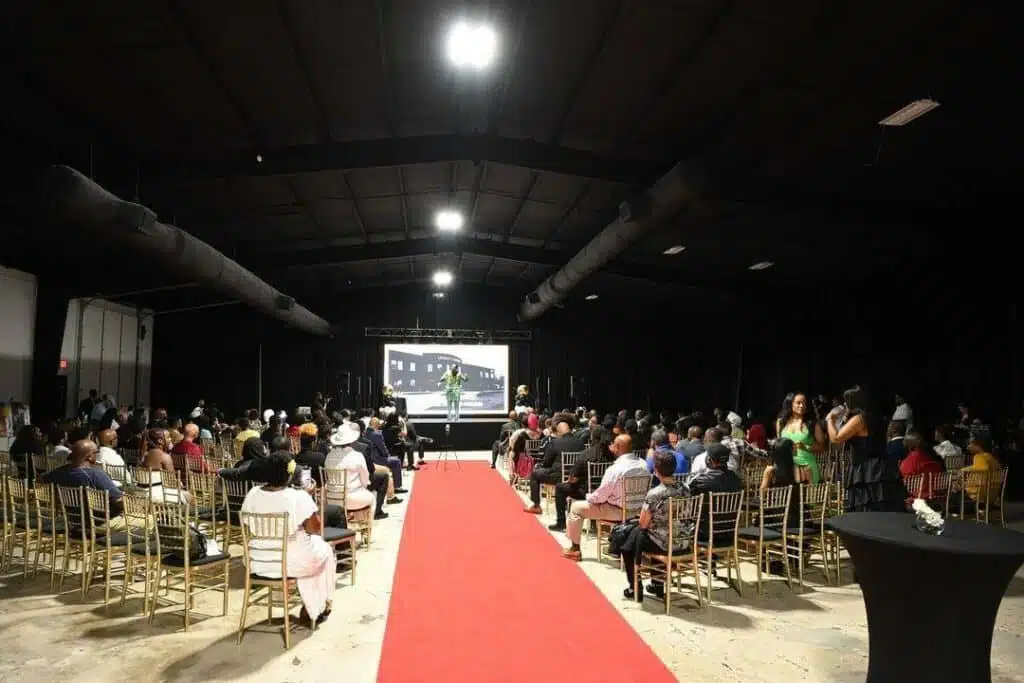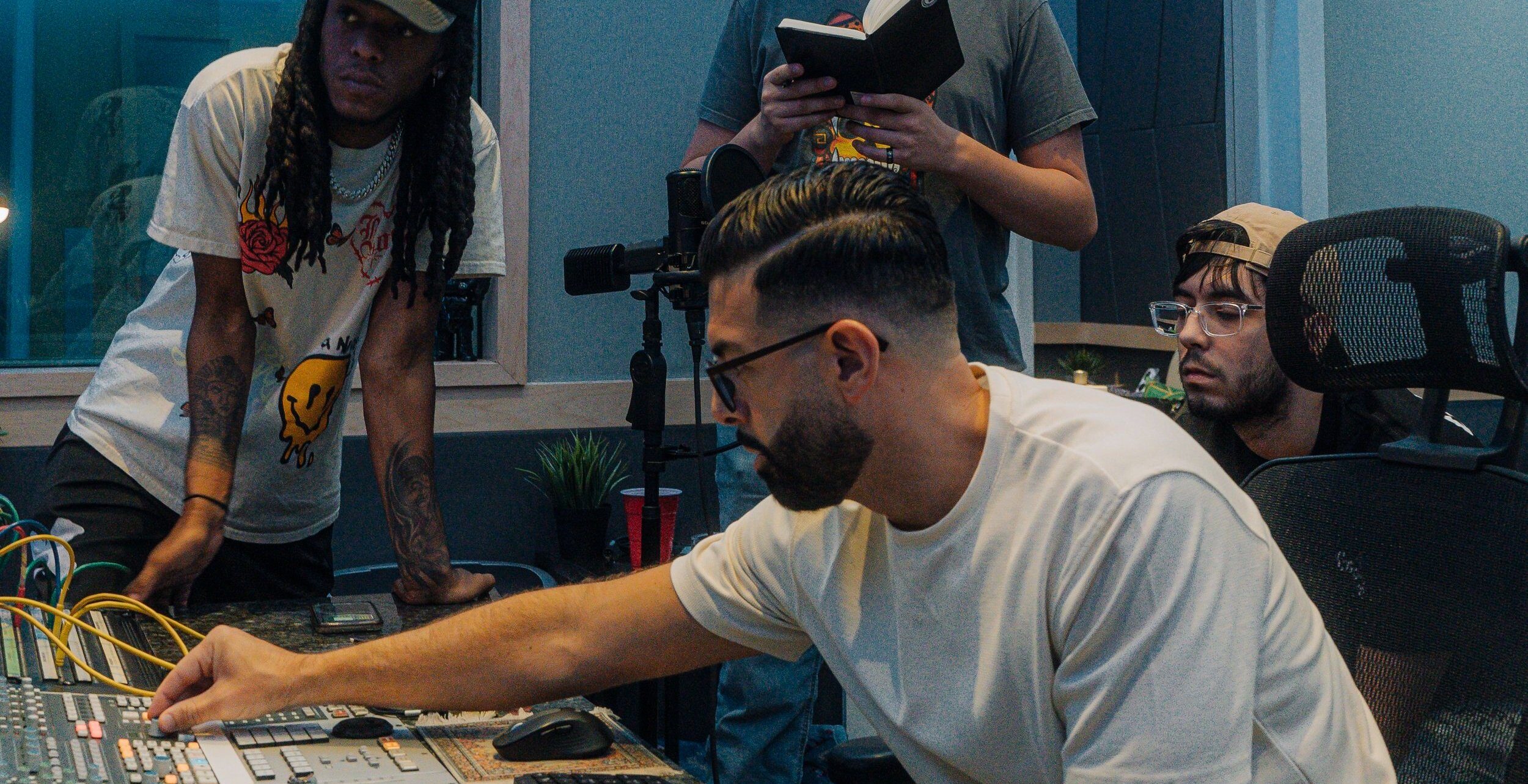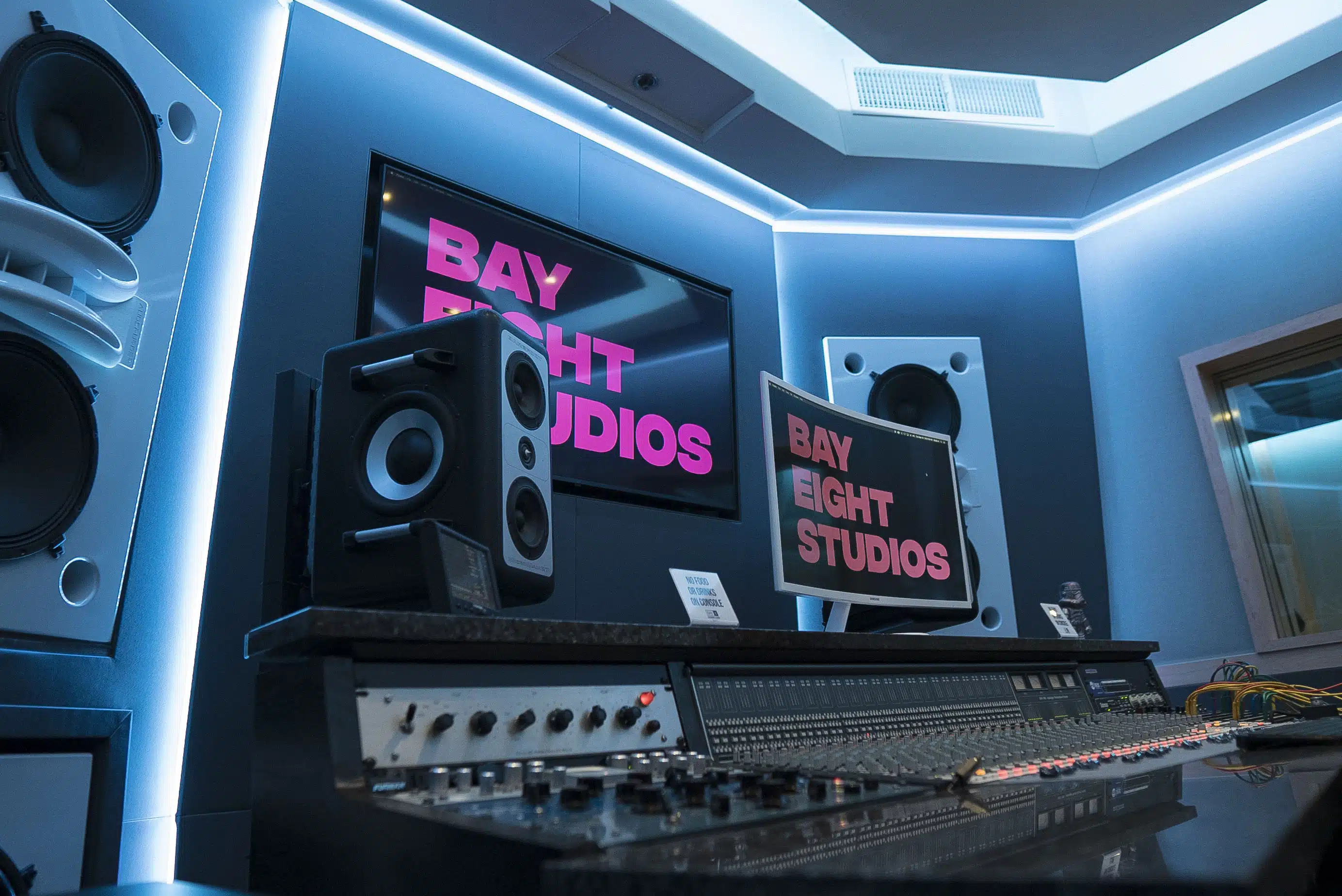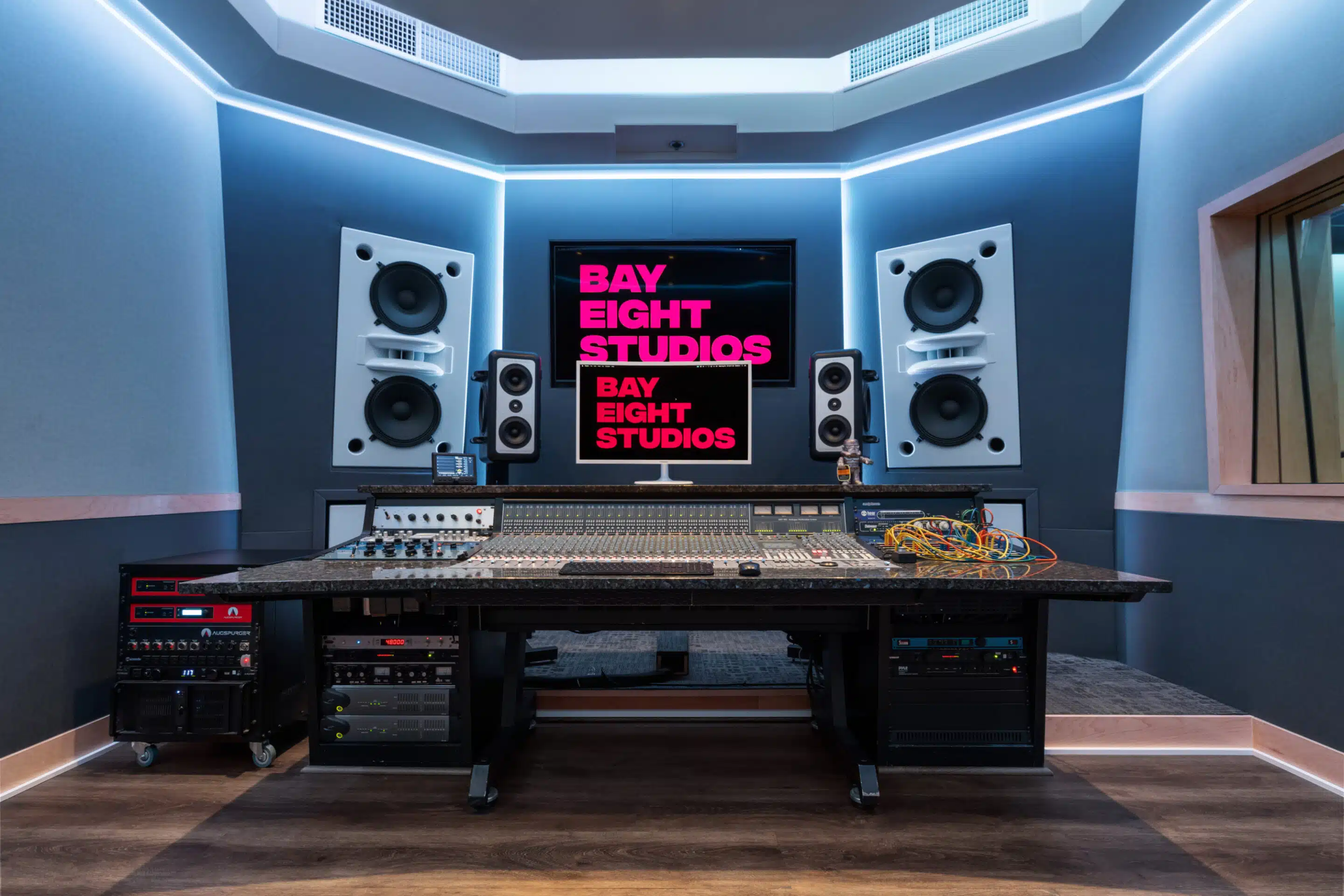Have you ever wondered how many people are involved in the making of your favorite songs and albums? Though performing artists are the most visible, there are truly a lot of people who work behind the scenes to help make the music you love. Two of the most important people in the background are music producers and audio engineers (i.e. music engineers). Producer vs Engineer – What’s the Difference?You may know a little about these roles, but many don’t understand that they are not one and the same. In this blog post, we’ll dive into the differences between these two essential roles and explore how they collaborate to create the music we love.
What Do Music Producers Do?
Music producers, or simply “producers” if you want to sound cool, are the creative maestros of the recording process. They are responsible for facilitating the realization of an artist’s vision and shaping the sound of a project from start to finish. They work closely with artists to actualize their goals and help them achieve their desired sound, often contributing to the songwriting and arrangement process. Keep in mind that in a hip-hop context, a producer may also be known as a beat maker.
Producers can be collaborators, mentors, or sounding boards. Every artist-producer relationship is unique. While some artists are more collaborative, others are very specific about what they want. Regardless, producers supervise the whole process of making a musical recording. They play an integral role in shaping an artist’s songs, album, or project. Can you probably think of a few famous producer-artists duos? When they work very closely together, duos can develop a signature sound that makes up a unified musical identity. Timbaland and Missy Elliot, or Billie Eilish and her producer / brother FINNEAS are among two of the most famous duos in music, but there are many more.
Songwriting and Arrangement
The process of songwriting and arrangement in music production involves creating a song from the ground up. This includes the composition of the melody, lyrics, and arrangement of the instruments. Producers play a significant role in the songwriting and arrangement process. They provide guidance for the artist’s vision; supervising recording sessions, and making decisions regarding instruments, parts, and the overall structure. During recording sessions, producers work with artists to ensure that the sound they are creating is the best it can be, and that the artist is comfortable and confident in their performance. Producers are well-versed in recording technology and have refined listening skills, which enables them to make crucial decisions that impact the final product. They also work closely with audio engineers to ensure the best sound systems are used during the recording process.
To create a cohesive and engaging song, producers often employ a variety of tools and techniques, such as:
- MIDI sequencing
- hard-disk recording
- EQ
- compression
- reverb
- a DAW-based songwriting workflow
An experienced producer should be able to evaluate if the mix or arrangement is ineffective, if the song lacks excitement, or has an inadequate song structure. Their expertise in songwriting and arrangement enables them to help artists craft memorable and impactful music.
In recording sessions, producers are responsible for:
- Overseeing recording sessions
- Ensuring that the artist’s vision is accurately and effectively captured
- Maintaining a balance between productivity and creativity
- Working closely with the artist and sound engineers to create a smooth and efficient recording process
- Providing guidance and support throughout the session
What do music engineers do?
While music producers focus on creative elements, music engineers are responsible for technical aspects of recording music. Audio engineers set up equipment to capture vocals and instrumental performances. They also ensure the best sound quality is achieved during recording by adjusting volume levels and working with microphones to capture optimal sound. Finally, they work with a DAW and mix the recorded music to meet the artist’s goals. Audio engineers’ comprehensive knowledge of music and recording technology, physics, and electronics is what makes them valuable collaborators.
Audio engineers must understand how sound behaves in different environments and with a variety of instruments. This understanding allows them to work effectively in a variety of settings, from recording studios to live events. Audio engineers are well-versed in sound technology and audio design, including sound effects. This allows them to work with a wide range of sound equipment and systems. Their technical expertise is crucial in bringing a project to life and ensuring that the final product sounds its best. Audio engineers are the wizards of sound, managing the technical aspects of music production, such as:
- Capturing sound
- Mixing sound
- Mastering sound
- Live sound engineering.
Mixing and Mastering
Mixing and mastering are crucial steps in the music production process. During this process, engineers blend recorded tracks and apply effects to create a polished final product. Mixing engineers are tasked with combining individual recordings into a unified composition by adjusting volumes and adding effects to each track. They work closely with producers and artists to ensure that all chosen tracks complement each other harmoniously, without being too loud or too quiet in the mix. If becoming a mixing or mastering engineering is something that interests you, check out our Bay Eight Sound Academy. We’ll cover the fundamentals of the mixing and mastering process, instilling you with the confidence and practical guidance you need to fill this role.
Mastering engineers assume the ultimate responsibility of finishing off an audio track after it has been mixed by the mixing engineer. They perform the following tasks:
- Prepare audio files for physical or digital media releases
- Ensure that all files are at their optimal level of quality
- Adjust volume levels across an album to ensure seamless transitions between songs
- Make adjustments to EQ settings if necessary
- Add metadata, such as ISRC codes
Mastering engineers have expertise in both mixing and mastering. They are essential to ensuring the artist has a professional and polished final product.
Live Sound Engineering
Live sound engineers are the unsung heroes of live events, such as concerts and theater performances. They ensure that audio is clear and well-balanced for the audience. They work with a variety of sound equipment and systems, and they collaborate with artists, producers, and other professionals to create the best possible sound experience for the audience.
Monitor sound engineers are in charge of the sound that a band or artist hears on-stage. Meanwhile, wireless microphone engineers manage wireless microphones during theater productions, sports events, and corporate events. Live sound engineering is a vital aspect of the music industry. The expertise of a live sound engineer is crucial in ensuring that live performances are memorable and enjoyable for both the artists and the audience.
In Conclusion
As you’ve probably garnered, there are many different types of sound engineers, but basically just one type of music producer. Both music producers and music engineers need strong interpersonal skills and a deep understanding of music and sound. However, their responsibilities and areas of expertise differ. By recognizing these distinctions, aspiring professionals can better determine which path best aligns with their skills, interests, and career goals. If you’re interested in one of these roles, remember that with dedication, education, experience, and networking, you can find success in either of these career paths.













